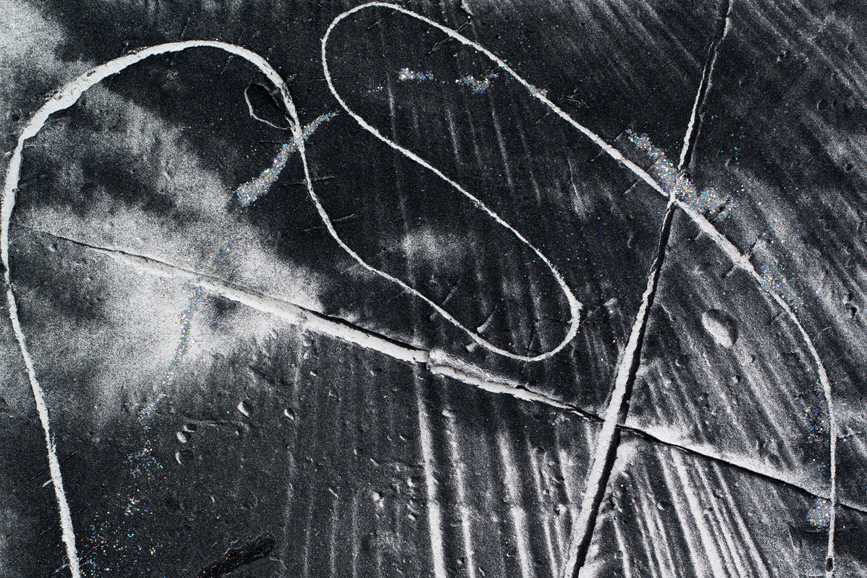There was a time when one could speak Arabic on a flight in the United States, or even read a book written in that language, without hesitation or the fear of suffering humiliating consequences. That time is long gone. Many colleagues and friends confess that they try to avoid carrying Arabic or Persian books on flights in order not to invite suspicious looks.
On 6 April, Khairuldeen Makhzoomi, an Iraqi refugee and UC Berkeley student, was on a Southwest Airlines flight at Los Angeles international airport talking to his uncle on the phone. He was removed, interrogated and searched by the FBI as a result. Then he was forced to find another flight. Why? Because another passenger heard him speak Arabic. “Inshallah,” which means “God willing,” an expression used by all native speakers of Arabic irrespective of religious affiliation, seems to have been the trigger.
When I talk about things being better in the past, I am not being nostalgic at all. There was never a dearth of anti-Arab and anti-Muslim sentiments in this country. There were plenty and they were often translated to violent assaults against Arabs and Muslims in times of turmoil and war. The rise in violent attacks right before and during the 1991 Gulf war is just one example. However, 9/11 and the official response to it created a much more treacherous climate for Arabs and Muslims (and these two are still casually conflated) in the United States.
The 9/11 attacks were officially framed in cultural and civilizational terms, rather than as an event with a genealogy better understood in terms of geopolitics and recent history. That, of course, would have entailed a critical look at US foreign policy and the costs and consequences of alliances with brutal regimes and support for sacred wars against evil empires.
Thanks to an already established archive of Orientalism, a monolithic “Islam”, could, once again, easily reduce multiple and complicated categories, histories, identities, and beings, all into one. Is it a surprise then that guilt by association would follow so easily? “They” are all the same. This being a clash of civilizations and cultures, culture itself (no matter how difficult it is to frame) became a crime scene that had to be better demarcated and understood. Arabic, the language of Islam’s scripture and the one used by the terrorists, is deemed a language of forensic interest, if not outright criminalized.
Makhzoomi is only the latest victim of what many call “flying while Muslim”. There have been many incidents going back to 2001 in which passengers are removed because of their appearance, clothing or the language they speak. The Orwellian atmosphere of the war on terror has normalized and encouraged such practices and made Islamophobia a cruel lived reality for Muslim and Arab Americans. They are not the first group to be subjected to racial profiling and institutional racism in the United States of course. Just ask African Americans.
It would be a mistake to think of these incidents as exceptional or to expect them to dwindle in the near future. The discourse of the Republican primary campaigns and the popularity of Trump’s “ban on Muslims” clearly illustrate that Islamophobia is a powerful political currency and that there are millions in this country who are willing to accept what it entails.
In contrast, it was quite moving to see the Sanders campaign embrace Muslim and Arab Americans and release ads in Arabic. A symbolic act with great significance in these times – and one of a kind that we need much more of.
